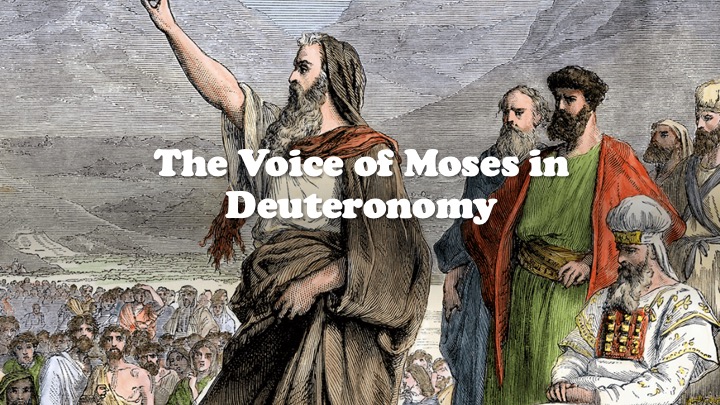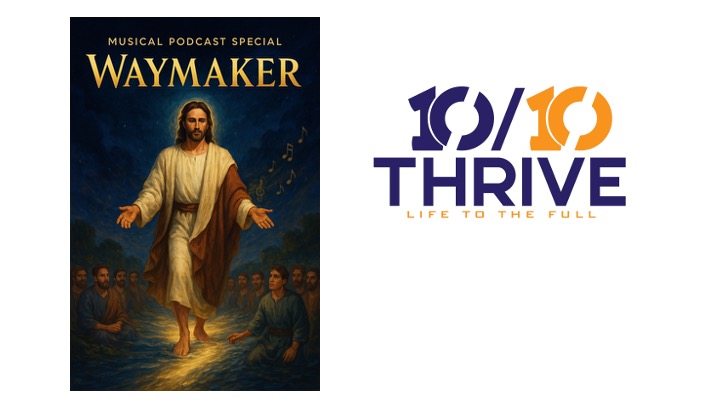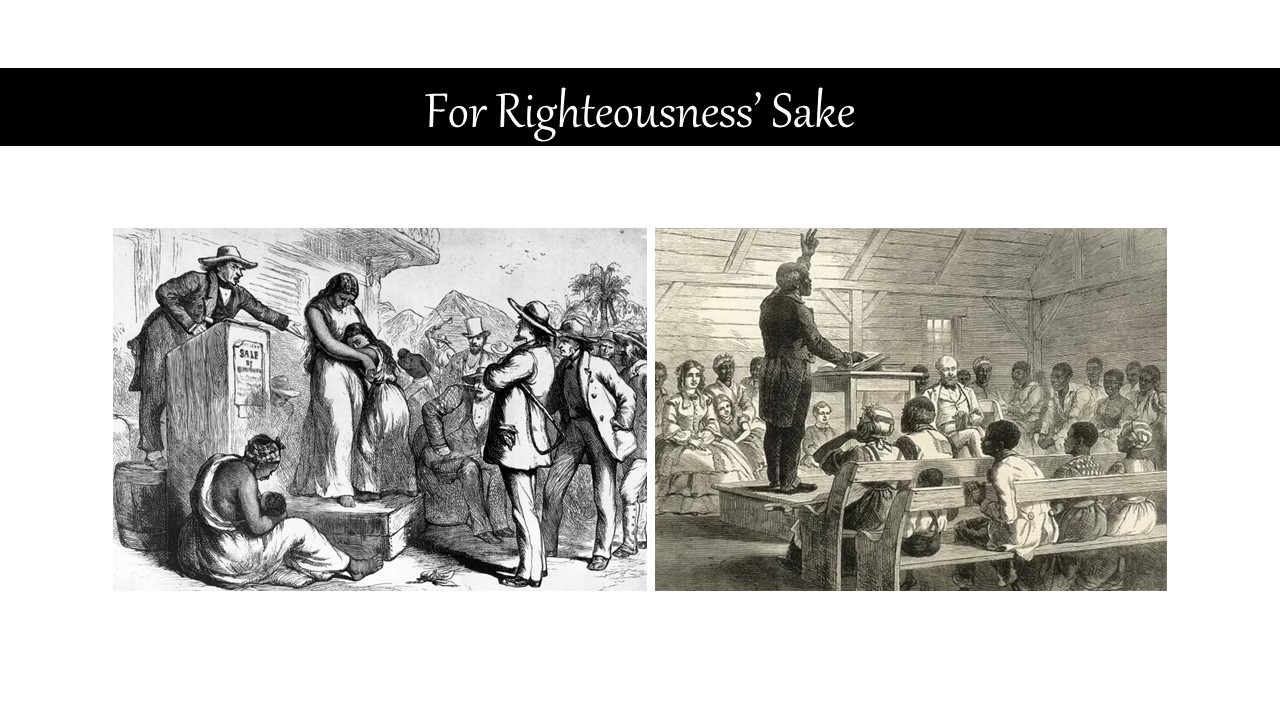The Sabbath represents the culmination of creation, yet it also marks a profound beginning, symbolizing God’s sanctification of time itself. In Genesis, the seventh day is the first time God blesses and hallows a period of time, setting a divine precedent for sacred rhythms in human life. This sanctified rest not only demonstrates God's provision but also invites humanity into a deeper fellowship with the Creator, making it a foundational element of spiritual and practical life.
Through the manna provision in the wilderness and the commands to observe the Sabbath, God reinforced the importance of rest and trust. The Sabbath was established as more than a ritual; it became a divine gift to humanity, a sanctuary in time for communion with God and renewal of body and spirit. New Testament references further highlight the Sabbath's enduring spiritual significance, reinterpreted through Jesus' ministry as a day of restoration and mercy rather than mere ritual observance.
The Sabbath reminds us of God's authority over time and His intimate involvement in our lives. It calls us to pause and reflect on His creative power, provision, and ultimate plan for redemption. In honoring the Sabbath, we realign our priorities with His eternal purposes, finding peace and renewal in the rhythms He has designed.

This devotional explores the significance of Moses' voice in his role as a leader, spokesperson, and mediator for the Israelites. Moses' voice carried the...

Part 4 of Waymaker brings the story of Jesus’ miracles into a deeply personal space. Cleopas shares with his granddaughter, Jochebed, the encounter on...

From the earliest days of colonialism, American slaves were hindered, proscribed, and persecuted. Like their ancient Christian predecessors, they bore witness to the Christian...